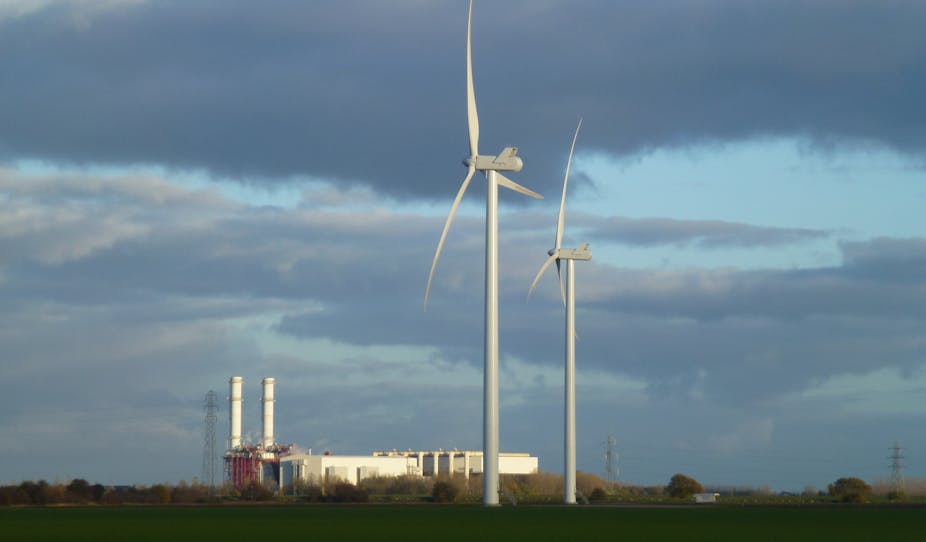The government’s cavalier approach to energy policy as it continually lunges from one policy on renewables to another, sometimes without any consultation, has cost investors in this sector dearly, led to more than 1,000 job losses.
These were the investors and businesses that took the previous government at its word that the UK was on a low-carbon trajectory; they will now feel like mugs. How much more will the government – the taxpayer – have to pay in order to persuade a new cohort of investors to invest in renewables, when history shows them that any current policy could be torn up at a moment’s notice and previous investors who took it seriously hung out to dry?
The government claims that it wishes to meet our statutory carbon reduction commitments in the most cost-effective way – an aim that most people would sign up to. So it seems bizarre that almost every energy policy announcement the government has made since the election has gone against that objective.
The cheapest low-carbon electricity generation options are onshore wind, solar power and biomass, so you might have expected these to be first in line for support. You would be wrong.
Pulling back
Support for onshore wind has been cut, with changes to the planning system making it harder to bring in new developments. The renewables obligation support mechanism, one of the main support schemes for large-scale solar and biomass projects is being closed a year early. An 87% subsidy reduction for small-scale solar is also being floated.
The government is even removing tax credits for community energy, which since 2010 have received a mere £7.4m to support 38 projects, a sum that has helped leverage a further £50m in private investment. Finally, without any kind of consultation, the government has removed the tax exemption for renewables, from the Climate Change Levy.
In the same breath the government has re-affirmed eye-watering subsidies to build the new nuclear power station at Hinkley Point C, and thrown in some investment guarantees for Chinese investors for good measure. The 35 years over which these subsidies will run will cost the electricity consumer far, far more than a continuation of the previous renewables policy. It will probably come to be seen as one of the biggest publicly-backed investment mistakes of the first quarter of this century, just as the last nuclear power programme was described by Dieter Helm, one of Britain’s leading energy economists, as “probably one of the biggest investment mistakes since the Second World War”.
Amber Rudd, the secretary of state for energy and climate change, recently announced that coal-fired power stations will be phased out by 2025, to be replaced by gas-fired stations. No one will mourn the loss of coal stations, the dirtiest way to generate electricity, but their replacement by a new fleet of gas stations raises real questions about the government’s commitment to the UK’s carbon targets.
Those investing in new gas power stations will expect to be able to run them all the time, or given special payments not to so that they’re still available to cover any short periods when they are required to back up real low-carbon energy such as renewables. If lots of new stations do run all the time, then we will certainly not meet our carbon reduction targets – neither in the most cost-effective way, nor at all. All the research through the UK Energy Research Centre and elsewhere suggests that this will require UK electricity generation to be almost carbon-free (shrinking from 500 grammes CO2 per kWh to 50-100 grammes CO2 per kWh) by 2030.
Once bitten, twice shy
Perhaps most worrying about this cavalier approach is the effect it has had on businesses and investors. So why is the government behaving like this, you might ask. The only explanation I can come up with is that it has very little commitment to the UK’s carbon targets and an ideological hatred of renewables – ironic, given that polls show renewables to be the favourite energy source of the people the government is supposed to represent.
Just when renewables are becoming the energy technology of choice worldwide, and with governments due to assemble in Paris in a few weeks for the COP21 climate talks to (hopefully) discuss seriously what steps to take to avoid climate change, the UK government dresses up its ideologically-driven extravagant spending on nuclear power over renewables as a concern for the energy bills of “hard-working families”. You couldn’t make it up.

